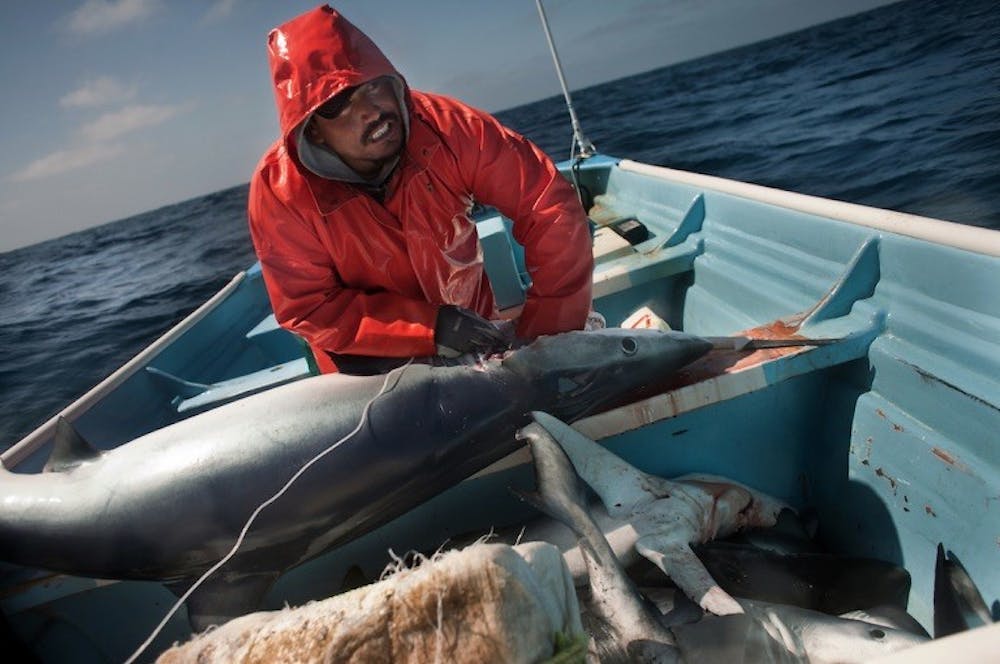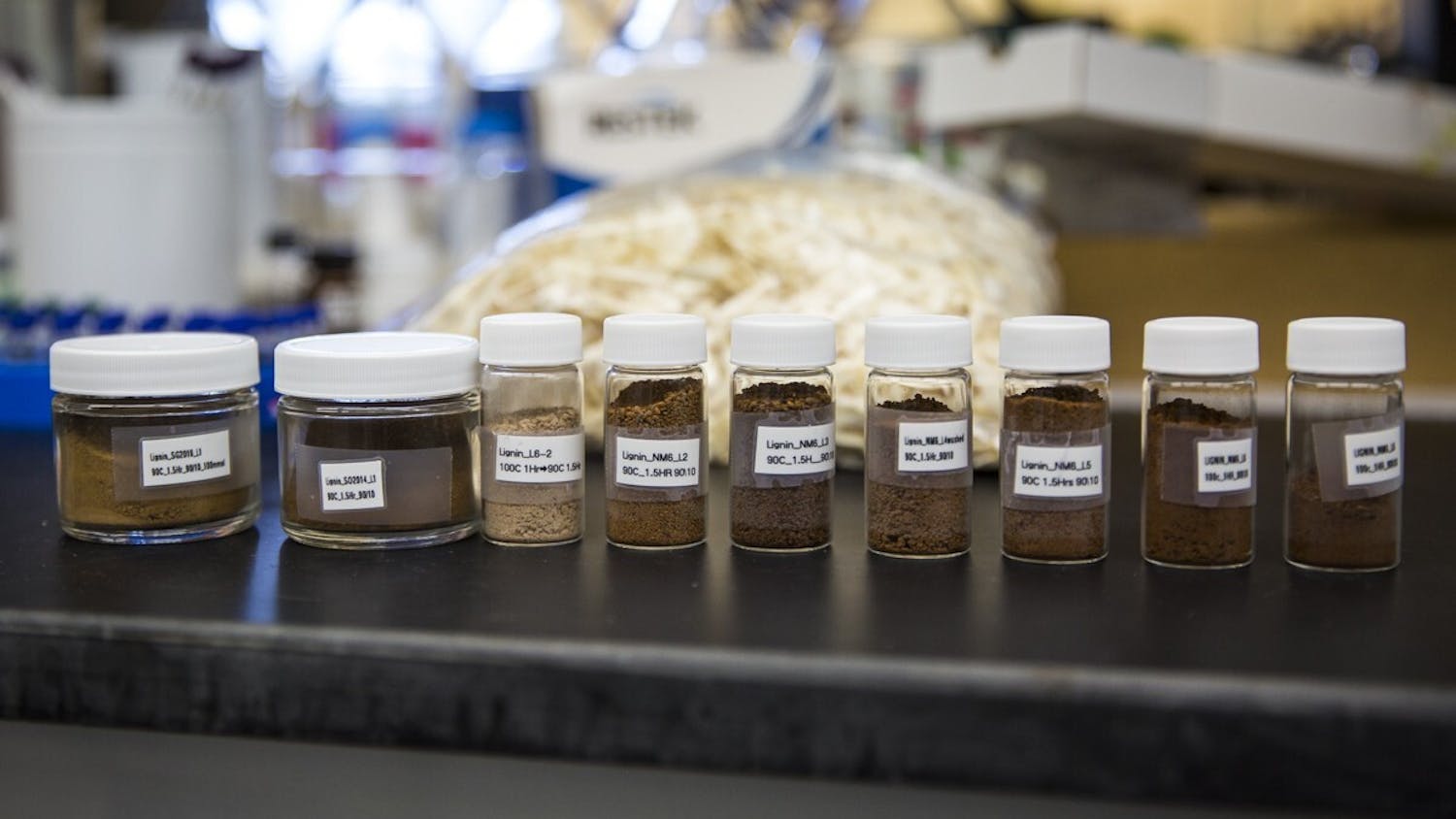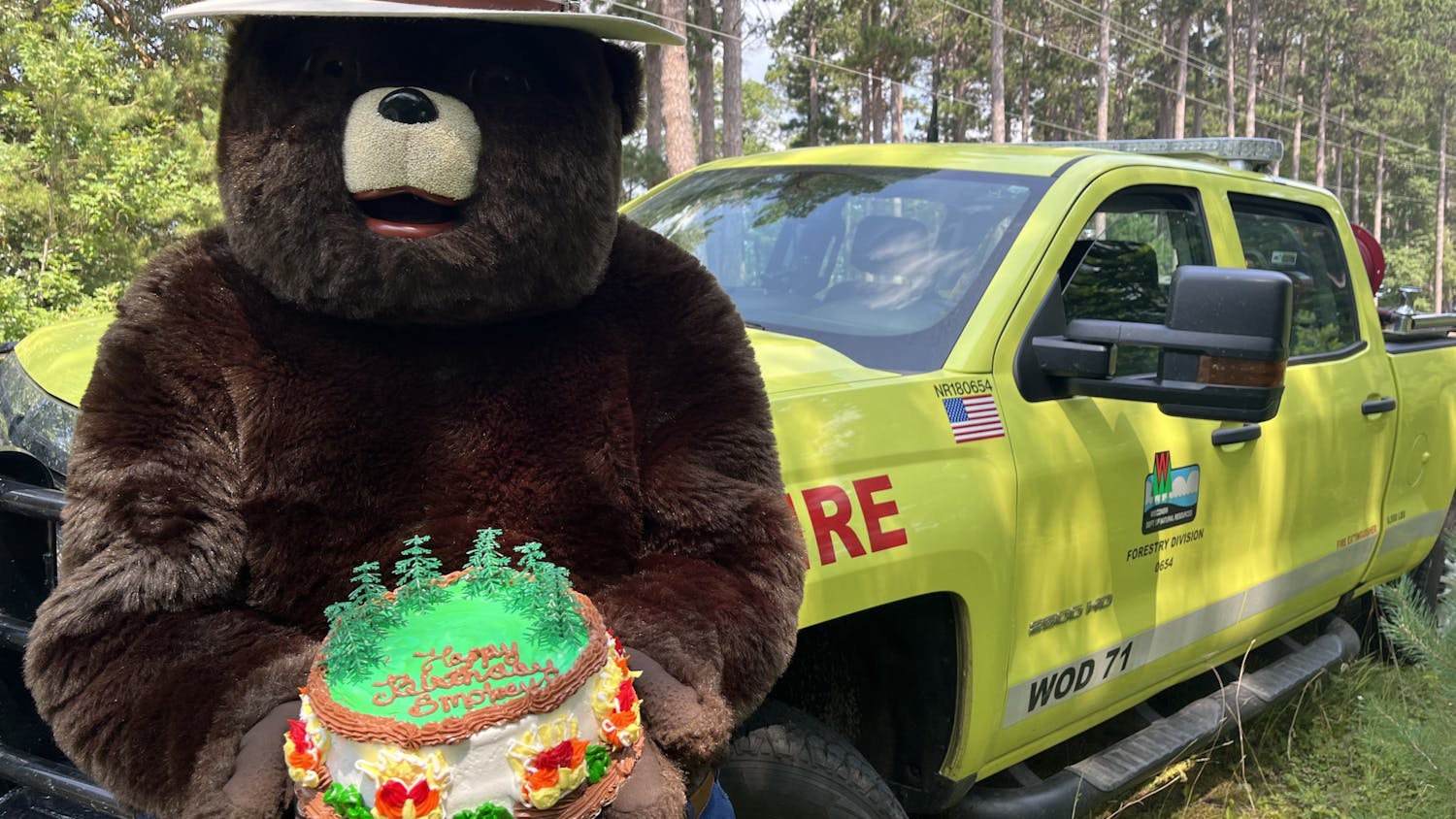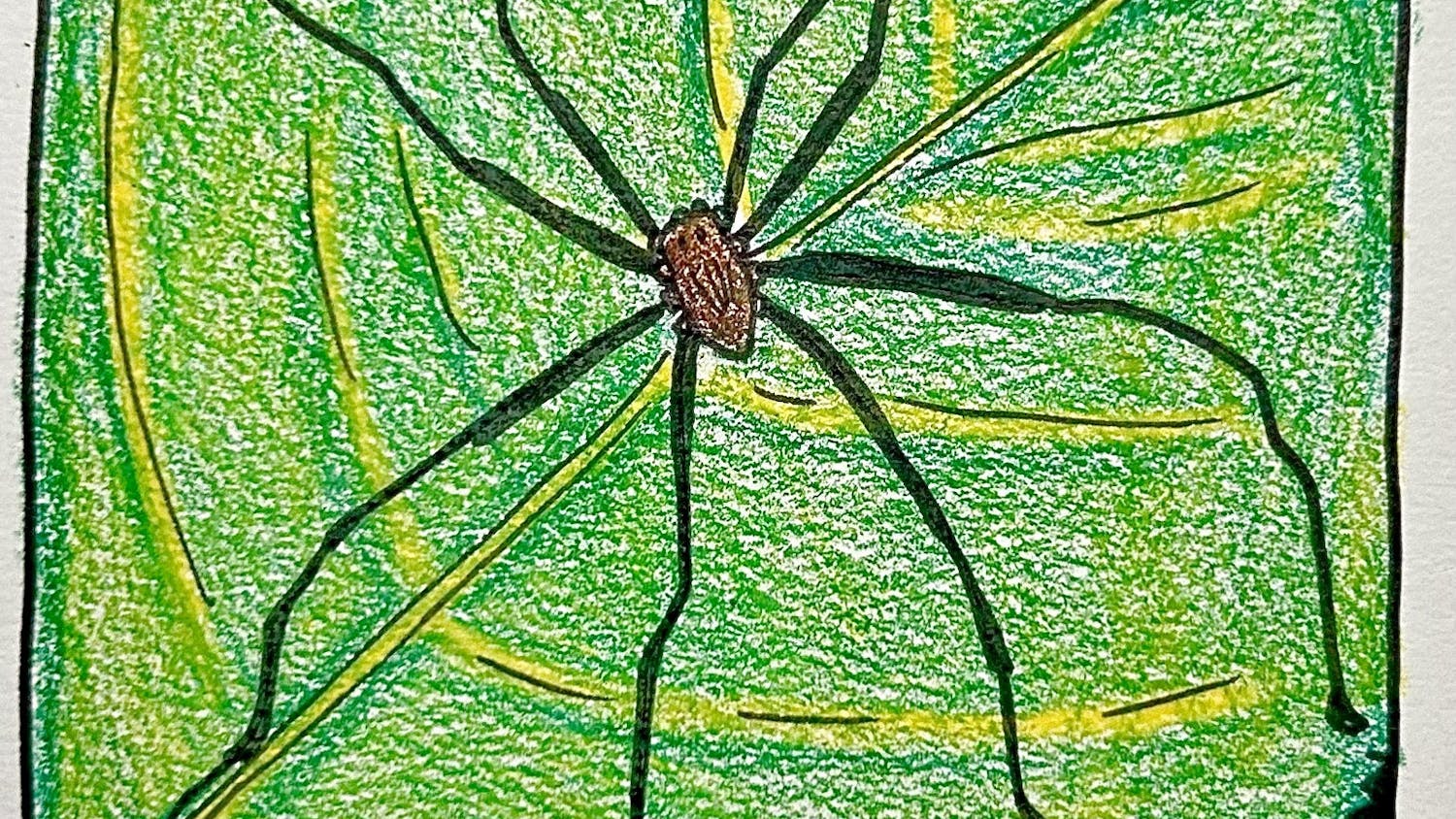Erik Vance had always loved the ocean, but he couldn’t find a way to create a lasting impact on ocean health. That changed after he began his career as a science writer.
A National Geographic contributor, Vance was selected to be the spring 2017 UW-Madison science writer in residence, presenting at a public lecture Tuesday.
Vance has an academic background in biological sciences, working with projects involving dolphin intelligence and marine coastal ecology. Through his time conducting scientific research, he came to the realization that he would rather write about science than be the one discovering it.
He began at the Science Communication Program at the University of California, Santa Cruz and has has since contributed to numerous high-profile news organizations including The New York Times, Nature, Harper’s Magazine, and National Geographic.
Whether it’s in the ocean or on land, Vance’s reporting has taken him to many different places and fields of study. From his work on whale anatomy to the smell of pig poop, he learned that he could create more compelling scientific narratives by focusing on the researchers behind the study.
“Scientists are not normal people. What more fun than to help people understand science, share this important stuff that we need to share through the [people] who do it,” says Vance.
By focusing on the scientists, in addition to the science, you are able to tell a story that brings a greater form of understanding to the science, Vance expressed. But beyond just educating the public on breaking scientific research, Vance realized that scientific reporting can bring about change.
Vance felt like he made big waves working with two fishermen in San Francisco while reporting on sustainable fishing practices. That work led to a discovery that caught the attention of the National Oceanic and Atmospheric Administration and taught him that that the depletion of marine fisheries is one of the most important crises that exist for our environmental future. But that isn’t the right way to frame the story, he said.
“No one wants to hear you say that. They want to meet [the fishermen]. They want to see pictures of good food. And then that’s a way to get in and start talking about these issues are really important,” Vance explained.
For Vance, what made these stories so successful was the focus on the human element of the story, so in all his future work, Vance continues to strive for a closer look at the human impacts of science on society.
“There are two kinds of people in your stories. There are the people who are doing the science. And there are the people who the science is being done to,” said Vance.
On his closing note, Vance urges future writers from all fields to not to forget the people in the story. Storytelling is generationally ingrained into our shared human history, and it is through these stories and responsible storytelling that can make an impact on the world, Vance iterated.






